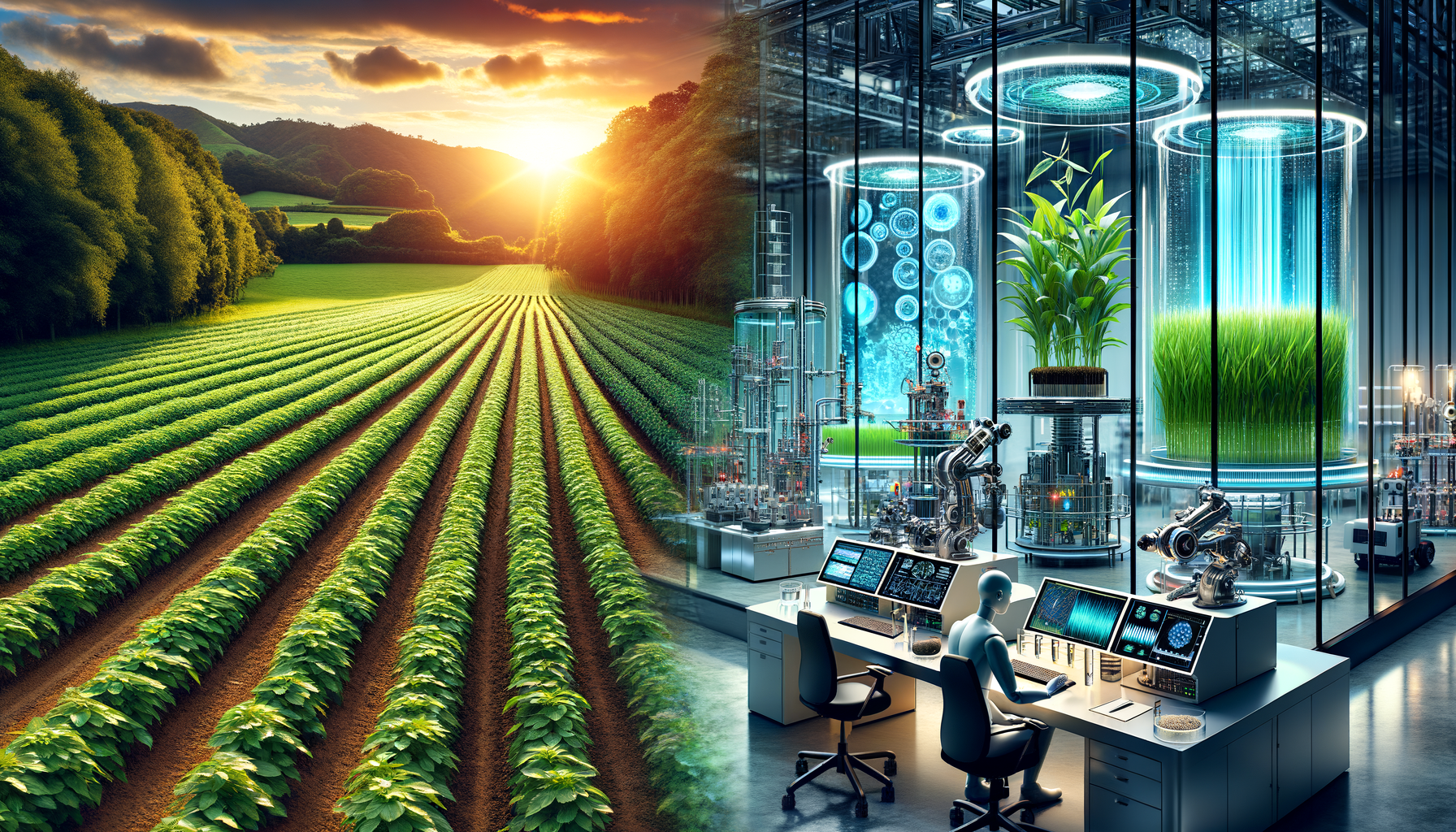Introduction to Genetic Engineering in Agriculture
Genetic engineering has emerged as a groundbreaking field, particularly in agriculture, where it holds the potential to revolutionize food production. By introducing specific genetic modifications, scientists can enhance crop resistance to diseases, pests, and environmental challenges. This is crucial as the global population continues to rise, increasing demand for sustainable food production methods. Genetic engineering biotech startups are playing a pivotal role in this transformation, developing innovative solutions that promise to reduce reliance on chemical pesticides and fertilizers, thus contributing to environmental sustainability.
The Role of Startups in Genetic Engineering
Startups in the genetic engineering sector are at the forefront of technological advancements. These companies are not only innovating but are also agile enough to adapt quickly to new scientific discoveries. Unlike larger corporations, startups can focus on niche markets and specific agricultural challenges, providing tailored solutions. For instance, some startups are working on developing drought-resistant crops that can thrive in arid conditions, addressing the pressing issue of water scarcity in agriculture. Others are focusing on biofortification, enhancing the nutritional content of crops to combat malnutrition in various parts of the world.
Technological Innovations and Their Impact
The technological innovations emerging from genetic engineering startups are diverse and impactful. Techniques such as CRISPR-Cas9 are being harnessed to edit plant genomes with precision, allowing for the introduction of beneficial traits without affecting other characteristics. This precision reduces the time and resources needed for traditional breeding methods. Moreover, these innovations are making it possible to develop crops that are not only more resilient but also more productive, ensuring food security for future generations. The potential to create pest-resistant crops could significantly reduce the need for chemical pesticides, leading to a healthier ecosystem and safer food products.
Challenges and Ethical Considerations
Despite the promising advancements, genetic engineering in agriculture faces several challenges and ethical considerations. Public perception of genetically modified organisms (GMOs) remains skeptical, with concerns about safety, environmental impact, and biodiversity. Startups must navigate these concerns by ensuring transparency and engaging in open dialogue with consumers and stakeholders. Ethical considerations also include the potential for genetic engineering to create imbalances in ecosystems or disrupt traditional farming practices. Addressing these issues requires a balanced approach that considers both the benefits and potential risks of genetic engineering.
The Future of Farming with Genetic Engineering
The future of farming is set to be transformed by genetic engineering technologies. As startups continue to innovate, the agricultural landscape will likely see an increase in crop varieties that are tailored to specific environmental conditions and consumer needs. This could lead to a more diverse and resilient food supply chain. Furthermore, the reduction in chemical inputs will contribute to a more sustainable agricultural system, with benefits extending to biodiversity and soil health. As these technologies become more widespread, they will play a crucial role in addressing global food security challenges and ensuring that agriculture can meet the demands of a growing population.




Leave a Reply